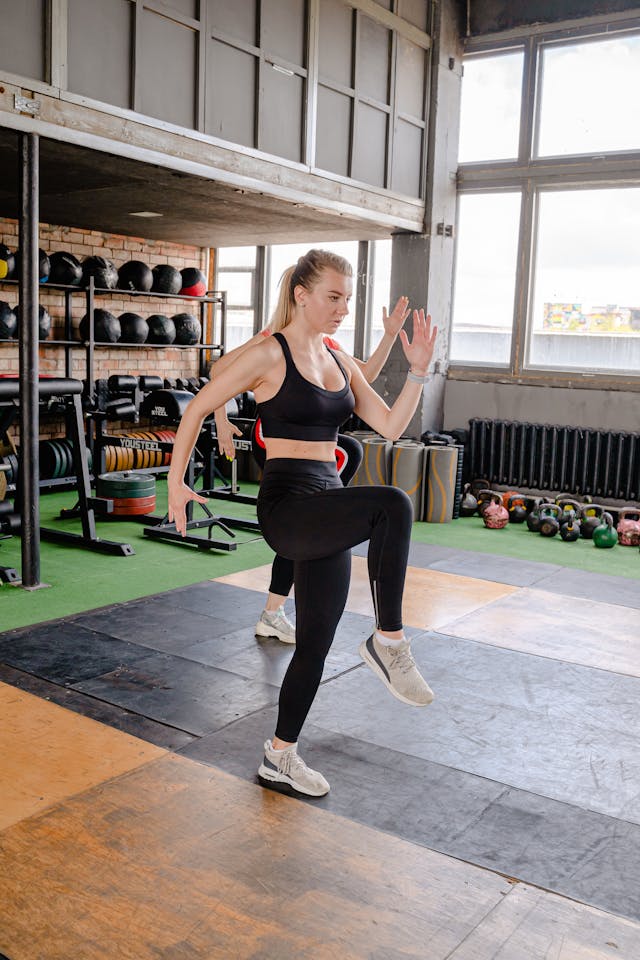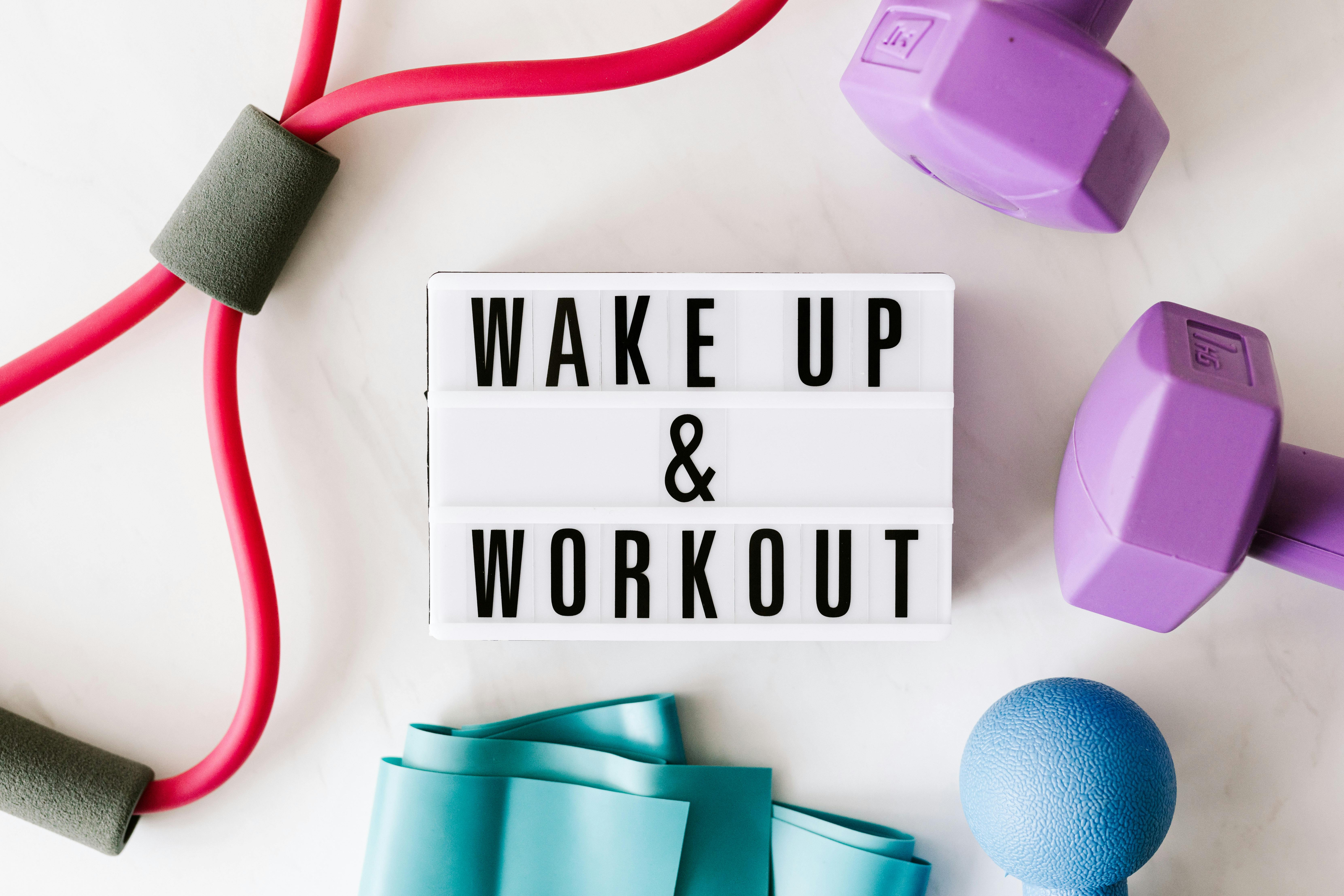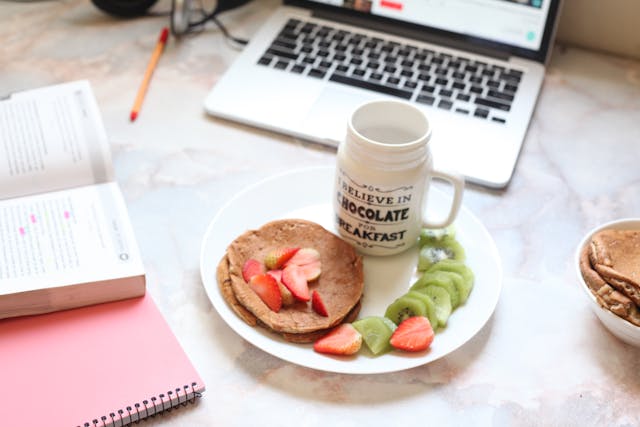
1. Setting Realistic Goals
Setting realistic fitness goals is crucial for long-term success and motivation. Here are some key points to consider:
- Understand Your Starting Point: Assess your current fitness level. Whether you are a beginner or returning after a break, knowing where you stand helps in setting achievable targets.
- SMART Goals: Use the SMART framework to create your goals:
- Specific: Be clear about what you want to achieve (e.g., "I want to run 3 miles without stopping").
- Measurable: Make sure you can track your progress (e.g., "I will track my runs using a fitness app").
- Achievable: Set goals that are challenging yet attainable based on your current fitness level.
- Relevant: Ensure your goals align with your overall health and fitness aspirations.
- Time-bound: Set a deadline for your goals (e.g., "I want to achieve this within three months").
- Break It Down: Divide larger goals into smaller, manageable milestones. This approach not only makes the journey less daunting but also allows for regular celebrations of achievement.
- Be Flexible: Life can be unpredictable. Be prepared to adjust your goals as needed based on progress and circumstances. Flexibility can prevent frustration and help maintain motivation.
- Stay Accountable: Share your goals with friends, family, or a fitness community. Accountability can boost your commitment and provide encouragement along the way.
- Celebrate Progress: No matter how small, celebrate each achievement. This reinforces your motivation and helps you recognize how far you've come.
- Focus on Process, Not Just Outcomes: While achieving goals is important, enjoy the journey and the improvements you make along the way. Emphasizing the process can lead to sustainable habits.
Remember, setting realistic goals tailored to your individual circumstances is the foundation for a successful and enjoyable fitness journey!
2. Creating a Balanced Workout Routine

- Set Challenges: To maintain progress, set challenges within your routine...
- Stay Consistent: Consistency is key to seeing results...
- Consult a Professional: If you're unsure how to create a balanced routine...
A balanced workout routine is essential for overall fitness and helps prevent injuries. Here are some key components to consider:
- Include Different Types of Exercise:
- Cardiovascular Exercise: Activities like running, cycling, and swimming improve heart health and endurance. Aim for at least 150 minutes of moderate aerobic activity each week.
- Strength Training: Incorporate resistance exercises using weights, resistance bands, or bodyweight. Aim for two to three sessions per week to build muscle strength and tone.
- Flexibility Training: Include stretching or yoga to improve flexibility and reduce the risk of injury. Aim to stretch all major muscle groups at least twice a week.
- Balance Exercises: Incorporate activities that improve balance and coordination, especially as you age. Simple exercises like single-leg stands or yoga can be beneficial.
- Create a Weekly Schedule: Design a workout plan that fits into your weekly routine...
- Listen to Your Body: Pay attention to how your body responds to workouts...
- Incorporate Variety: Mixing up your workouts helps prevent boredom and keeps you engaged...
Creating a balanced workout routine tailored to your individual needs will lead to better overall fitness and a more enjoyable exercise experience!
3. Nutrition Essentials
Balancing your diet with the right macronutrients is crucial for optimal health and performance. Here are some key points to consider:

- Plan Your Meals: Meal planning can help you make healthier choices and avoid last-minute unhealthy options. Consider prepping meals for the week ahead to stay on track with your nutrition goals.
- Limit Processed Foods: Minimize the intake of processed foods high in added sugars, unhealthy fats, and sodium. Focus on whole, unprocessed foods whenever possible.
- Listen to Your Body: Pay attention to hunger cues and eat when you're hungry, rather than out of habit or boredom. Mindful eating can improve your relationship with food and enhance satisfaction.
- Understand Macronutrients: Your diet should include three primary macronutrients:
- Carbohydrates: Provide energy for your workouts and daily activities. Focus on complex carbs like whole grains, fruits, and vegetables for sustained energy.
- Proteins: Essential for muscle repair and growth. Include lean protein sources such as chicken, fish, legumes, and dairy in your meals.
- Fats: Necessary for hormone production and nutrient absorption. Opt for healthy fats from sources like avocados, nuts, seeds, and olive oil.
- Hydration is Key: Water is vital for overall health and aids in digestion, nutrient absorption, and exercise performance. Aim to drink enough water throughout the day, especially before, during, and after workouts.
- Portion Control: Be mindful of portion sizes to maintain a balanced diet and avoid overeating. Using smaller plates and being aware of serving sizes can help with this.
- Eat a Rainbow: Incorporate a variety of colorful fruits and vegetables in your meals. Different colors often represent different nutrients and antioxidants, which are beneficial for your health.
By focusing on a balanced diet rich in macronutrients and mindful eating practices, you can fuel your body effectively for both fitness and overall well-being!
4. Staying Motivated

- Mix It Up: Variety can prevent boredom. Try new classes, sports, or outdoor activities to keep your workouts fresh and exciting, and to challenge your body in new ways.
- Reward Yourself: Set up a reward system for achieving your goals. Treat yourself to new workout gear, a massage, or a fun outing when you reach certain milestones.
- Stay Inspired: Follow fitness influencers, read success stories, or listen to motivational podcasts to keep your enthusiasm high. Surrounding yourself with positivity can boost your drive.
- Be Patient and Kind to Yourself: Understand that progress takes time, and setbacks are a natural part of the journey. Practice self-compassion and focus on the effort rather than perfection.
Staying motivated throughout your fitness journey is essential for long-term success. Here are some effective strategies:
- Identify Your Why: Understanding the underlying reasons for your fitness goals—whether it's improving health, gaining strength, or enhancing mental well-being—can provide powerful motivation on tough days.
- Set Achievable Goals: Break your overall fitness goals into smaller, manageable milestones. Celebrating these achievements, no matter how small, can boost your motivation and keep you moving forward.
- Create a Routine: Establish a regular workout schedule to create consistency. Treat your workouts like important appointments that you can’t miss to build a habit over time.
- Track Your Progress: Use a journal or fitness app to record your workouts, nutrition, and progress. Seeing how far you’ve come can be incredibly motivating and help you identify patterns that work for you.
- Find a Workout Buddy: Exercising with a friend can make workouts more enjoyable and provide accountability. A workout buddy can help push you during tough sessions and celebrate your victories together.
By implementing these strategies, you can maintain your motivation and enjoy a fulfilling fitness journey!
5. Incorporating Rest and Recovery

- Nutrition for Recovery: Focus on post-workout nutrition to aid recovery. Consuming a mix of protein and carbohydrates shortly after exercise can replenish glycogen stores and support muscle repair.
- Incorporate Stretching: Regular stretching can improve flexibility and reduce muscle soreness. Consider adding a cooldown routine after workouts and dedicated stretching sessions.
- Schedule Rest Days: Make rest days a regular part of your routine. Aim for at least one to two full rest days each week, depending on your activity level.
Rest and recovery are crucial components of any fitness regimen. Here are some key points to consider:
- Importance of Rest: Allowing your body to rest is essential for muscle repair, growth, and overall health. Overtraining can lead to fatigue, decreased performance, and injuries.
- Active Recovery: Engage in low-intensity activities on rest days, such as walking, yoga, or swimming. This helps to keep blood flowing to muscles while promoting recovery without overexertion.
- Listen to Your Body: Pay attention to signs of fatigue or soreness. If you feel overly tired, it may be time to take an extra rest day or reduce workout intensity.
- Prioritize Sleep: Aim for 7-9 hours of quality sleep each night. Sleep is vital for recovery, hormone regulation, and overall well-being.
By prioritizing rest and recovery, you can enhance your performance, reduce the risk of injury, and enjoy a more sustainable fitness journey!
6. Embracing the Journey

- Connect with Others: Surround yourself with a supportive community. Sharing your journey with others can provide encouragement and accountability, making the experience more enjoyable.
- Focus on Overall Health: Remember that fitness is just one aspect of health. Incorporate elements like mental wellness, nutrition, and self-care into your journey for a holistic approach.
- Be Kind to Yourself: Accept that setbacks are part of the journey. Be patient with yourself and recognize that progress takes time and consistency.
Embracing your fitness journey is about recognizing the progress you make and enjoying the process. Here are some important aspects:
- Celebrate Small Wins: Acknowledge and celebrate milestones, whether it’s lifting a heavier weight, completing a challenging workout, or simply sticking to your routine. These small victories build momentum.
- Enjoy the Process: Focus on the enjoyment of working out and the activities you engage in. Finding joy in your workouts can make your fitness journey feel less like a chore and more like a lifestyle.
- Practice Gratitude: Reflect on what your body can do and appreciate the progress you’ve made. Gratitude can enhance your motivation and overall well-being.
- Stay Open to Change: Your fitness journey may evolve as you discover new interests or goals. Be open to trying new activities, whether it’s a different workout style or a new sport.
By embracing your fitness journey, you cultivate a positive mindset that fosters growth, resilience, and long-term success!








